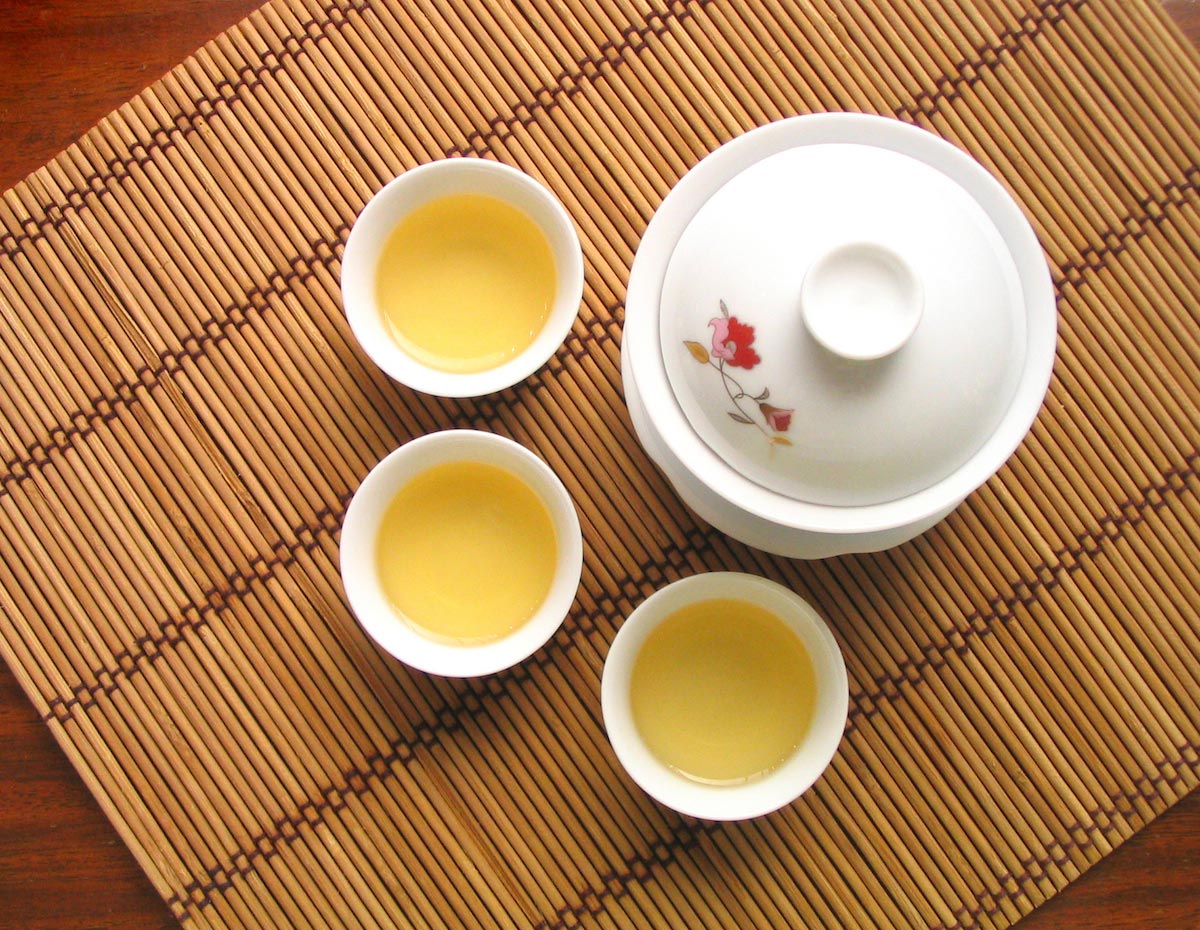Get rid of gas and bloating with these expert-approved health hacks
07/17/2020 / By Zoey Sky

Following a healthy diet is associated with many benefits, such as promoting weight loss and improving your overall well-being. But a healthy diet may have several unexpected side effects. If you’re experiencing digestive issues, try making dietary changes such as replacing garlic with ginger to address symptoms like gas and bloating.
What causes digestive issues?
You may experience abdominal bloating, which makes your abdomen feel full and tight, because of a buildup of gas in your gastrointestinal (GI) tract. Bloating makes your stomach larger than usual, and it may feel tender or painful to the touch.
Fluid retention can also cause bloating.
Digestive issues like constipation, food allergies and intolerances may also cause bloating. When you’re constipated, stool becomes backed up in the large bowel. This may cause bloating and discomfort.
Finally, excess gas can up behind the stool, making your bloating worse.
Natural remedies for gas and bloating
To address gas and bloating, you must first determine what’s causing your digestive issues.
Replace garlic with ginger
If you have irritable bowel syndrome (IBS), you may have small intestinal bacterial overgrowth (SIBO), where a gut imbalance makes bacteria overgrow in your small intestines.
To relieve gas and bloating, try replacing garlic with ginger. Gut bacteria thrive on garlic, but this can cause uncomfortable symptoms like gas and bloating if too much of that bacteria is too high up in your digestive tract.
Unlike garlic, ginger is a natural prokinetic or something that helps encourage the gut’s “housecleaning wave” to move food through your system. Replacing garlic with ginger ensures that you can still eat savory meals without sacrificing flavor. (Related: Fix bloating and heartburn with these easy-to-digest foods.)
Try an elimination diet
If you’re not sure what’s making you gassy and bloated, try an elimination diet to figure out what’s causing your digestive issues.
- Apples
- Beans
- Broccoli
- Brussels sprouts
- Cabbage
- Cauliflower
- Dairy
- Garlic
- Grains
- Onions
- Peaches
- Pears
- Potatoes
Limit FODMAPs
If you’re following a healthy diet, FODMAPs may cause symptoms like gas and bloating. SIBO can also trigger FODMAP intolerance.
FODMAPs stands for fermentable oligosaccharides, disaccharides, monosaccharides, and polyols. FODMAPs are short-chain sugars that may be excessively fermented by your gut bacteria, which then releases hydrogen gas that makes you feel gassy.
Foods like apples, artichokes, garlic, grains, onions and watermelon are high in FODMAPs. Limiting foods high in FODMAPs doesn’t mean you have to avoid eating them forever. Rather, dealing with SIBO and figuring out which foods cause gas and bloating means you can reintroduce these foods once you’ve improved your digestion.
Start a food diary
Food intolerances may cause bloating, which then causes excessive gas in your digestive tract. Bloating is a common symptom that’s caused by lactose intolerance or if you’re unable to digest the lactose sugar in dairy products.
Celiac disease or autoimmune intolerance to gluten is another known trigger of bloating.
If you experience bloating after meals, start a food diary to keep track of your food and drink intake for several weeks. This will help you figure out what’s making you feel bloated so you can avoid them.
Improve your digestive health
If you’re already following a healthy diet, making small changes to your habits can help boost your digestive health. Start with drinking a big glass of water when you wake up every morning.
Drinking water before you eat breakfast helps prompt your body to have a thorough bowel movement, which ensures that you start each day with a calm stomach.
Alternatively, you can add several drops of chlorophyll to your morning glass of water. Chlorophyll will help improve your digestive health and support a healthy gut. Because chlorophyll is a natural antibacterial, it can also help eliminate “bad” bacteria that could be irritating your gut while nourishing “good” bacteria.
Don’t despair if you’re experiencing gas and bloating while trying a healthy diet. Keep a food diary or try an elimination diet to figure out which foods are causing your digestive issues and gradually re-introduce them to your system once you’ve improved your digestive health.
Sources include:
Tagged Under: bloating, diet, digestion, digestive health, digestive system, elimination diet, FODMAPs, fruits, gas, ginger, vegetables, veggie





















